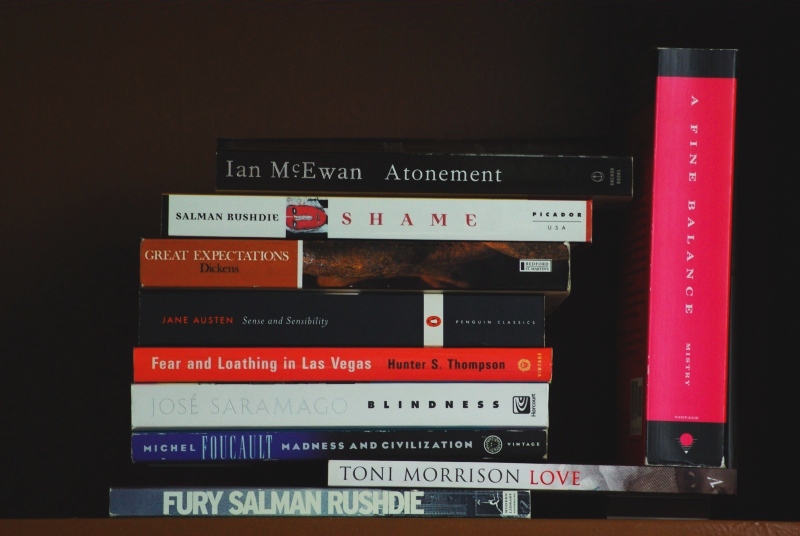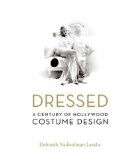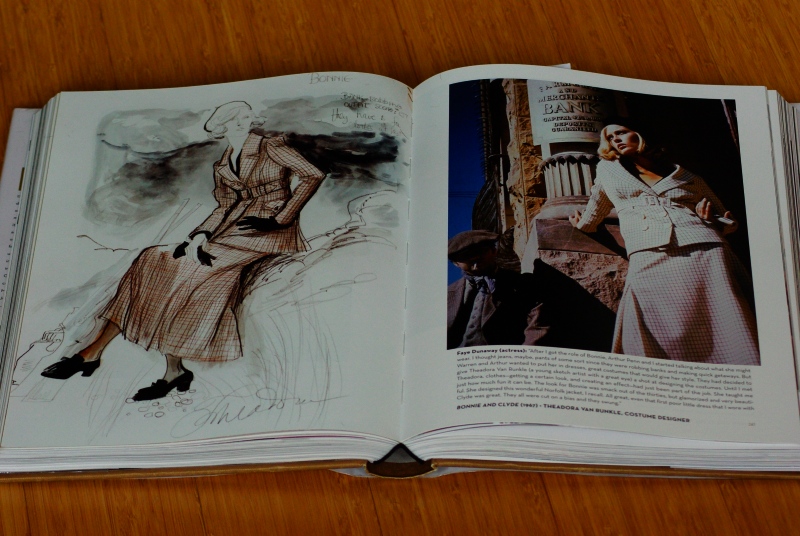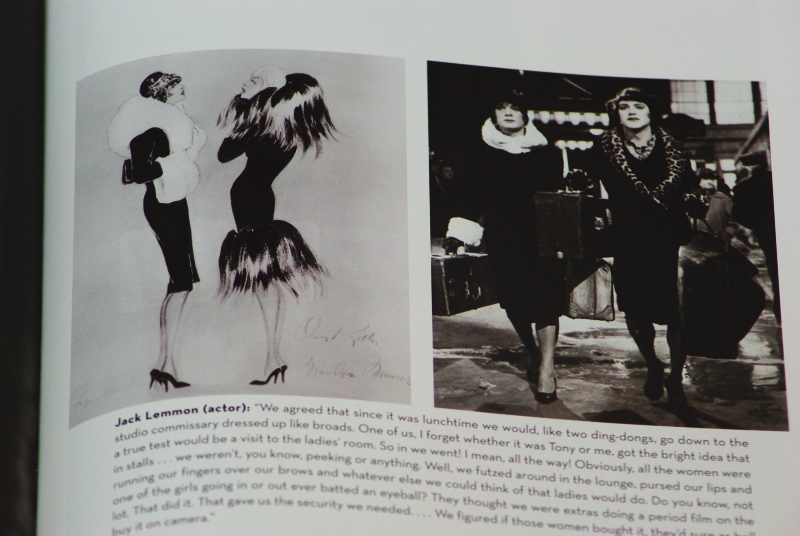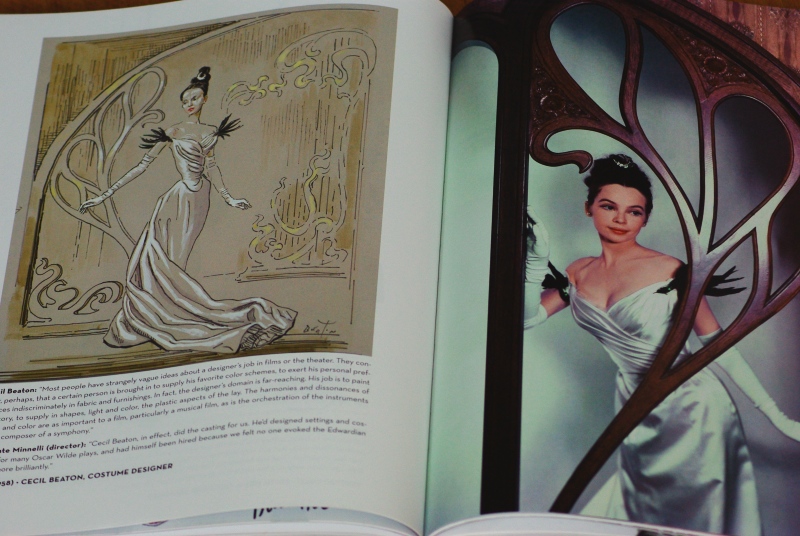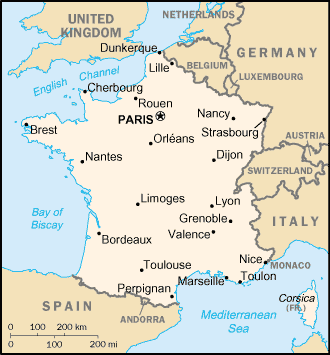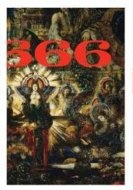
Claire and Steph's 2666 readalong continues! To be completely honest, I read the last page of this amazing novel a couple of weeks ago, but I scrupulously wrote up notes after finishing each section, and I'm publishing them just as I wrote them, at the end of each month. It's more fun this way!
The Part About Amalfitano is by far the shortest book of the five that make up 2666, so I feel a bit disconcerted to be writing up reading notes again so soon after the first batch (I'm writing this on May 19). Amalfitano does, though, provide some new food for thought: it goes in new directions with the themes established in The Part About the Critics, and piqued my interest even more for what is to come.
Primarily, I think, The Part About Amalfitano transforms that feeling of vague unease introduced in The Part About the Critics into something interior rather than exterior. In Book 1, the critics have the feeling that "something is wrong" - something more or less out there, whether "out there" means "in Santa Teresa," or "in Mexico," or "on the streets of the world." Only Norton has some sense that the "something wrong" could dwell within her, too. But for Amalfitano (the Chilean professor, incidentally, of whom the three Europeans were so dismissive in Part 1), that same something is decidedly wrong in here, rather than out there. In here: in the town where he works, in the house where he lives, inside his own brain.
The Part About Amalfitano is obsessed with madness and forgetting, from Amalfitano's memories of his wife Lola (disappeared on a wild quest after a poet, now institutionalized, with whom she may or may not have had sex years before), to his own evolving relationships with a mysterious geometry treatise and a disembodied voice. Whereas the Critics of the first book fight their battles in cafés, conferences and capitals, Amalfitano and Lola fight theirs within their own heads. Lola's story raises all the old questions of how to define madness, and how we deal with an institutionalized person who seems saner than his visitors, but Amalfitano's own story is, to me, even more compelling. Bolaño's stellar sense of the bizarre and hilarious is showcased to perfection, as in this passage, which finds Amalfitano obsessing, Beckett-like, on a mysterious, privately-published geometry book that he (totally uninterested in geometry) has discovered in one of his boxes.
I probably picked it up at Laie, he thought, or maybe at La Central, the time I stopped in to buy some philosophy book and the clerk was excited because Pere Gimferrer, Rodrigo Rey Rosa, and Juan Villoro were all there, arguing about whether it was a good idea to fly, and plane accidents, and which was more dangerous, taking off or landing, and she mistakenly put this book in my bag. La Central, that makes sense. But if that was the way it heppened I'd have discovered the book when i got home and opened the bag or package or whatever it was, unless, of course, something terrible or upsetting happened to me on the walk home that eliminated any desire or curiosity I had to examine my new book or books. It's even possible that I might have opened the package like a zombie and left the new book on the night table and Dieste's book on the bookshelf, shaken by something I'd just seen on the street, maybe a car accident, maybe a mugging, maybe a suicide in the subway, although if I had seen something like that, thought Amalfitano, I would surely remember it now or at least retain a vague memory of it. I wouldn't remember the Testamento geométrico, but I would remember whatever made me forget the Testamento geométrico. And as if this wasn't enough, the biggest problem wasn't really where the book had come from but how it had ended up in Santa Teresa in one of Amalfitano's boxes of books, books he had chosen in Barcelona before he left. At what point of utter obliviousness had he put it in there? How could he have packed a book without noticing what he was doing? Had he planned to read it when he got to the north of Mexico? Had he planned to use it as the starting point for a desultory study of geometry? And if that was his plan, why had he forgotten the moment he arrived in this city rising up in the middle of nowhere? Had the book disappeared from his memory while he and his daughter were flying east to west? Or had it disappeared from his memory as he was waiting for his boxes of books to arrive, once he was in Santa Teresa? Had Dieste's book vanished as a side effect of jet lag?
What I love about this passage is its double-edged nature: is Amalfitano needlessly belaboring an unimportant detail, as his daughter Rosa seems to think? Or is this ostensibly small incident part of, perhaps even a key to, that intangible "something wrong" which all Bolaño's characters are chasing? And what does it mean that the inquiry into the origins of this innocuous geometry book is spiked with so many catastrophic allusions: plane crashes, car accidents, muggings, suicides? Is Amalfitano onto something in this passage, or are we witnessing his first slide toward madness? In the end, these two options may be just two paths to the same outcome: if Amalfitano is fixating on an unimportant detail, it may indicate that he is going mad. On the other hand, he may be correct in his insistence on the book's significance, and what he thinks it signifies is...that he's going mad. The book catches him in a logical trap, and his delightfully odd solution (or is it an exacerbation?) of transforming the volume into a Duchamp-inspired readymade doesn't dispel his nameless fear.
And speaking of fear. The second book of 2666 includes further allusions to "the crimes": those hundreds of female bodies being discovered all over Santa Teresa, with no end in sight. Interestingly, though, it generally chooses to talk around the murders, rather than addressing them head-on. In one scene, just after Amalfitano has discovered the disquieting geometry book, he calls a professor friend of his and confides that he's a nervous wreck. She assumes that this is because he is worried about the murders:
Professor Pérez soothed him, told him not to worry so much, all you had to do was be careful, there was no point giving in to paranoia. She reminded him that the victims were usually kidnapped in other parts of the city. Amalfitano listened to her talk and all of a sudden he laughed. He told her his nerves were in tatters. Professor Pérez didn't get the joke. Nobody gets anything here, thought Amalfitano angrily.
Even in this relatively explicit passage, there is so much that is ambiguous. Bolaño gives the impression that, despite Pérez's assumptions, the murders are not the actual cause of Amalfitano's frayed nerves. It's plain that Pérez's talk about them, for whatever reason, is either irrelevant or offensive to him: he interrupts her, and then feels angry that she does not understand his "joke" about tattered nerves. We never see Amalfitano, here or elsewhere, thinking explicitly about the crimes, which seems bizarre in itself given that, in the first place, he lives with his teenage daughter, and in the second place, he has long internal monologues about everything from his colleagues, to a volume of crackpot pseudo-history once sent to him by a friend. On the other hand, the reader could certainly interpret the murders as an unacknowledged influence on his mood, a partial explanation for why he is so on edge, why the appearance of a strange book so unsettles him, why he is sleeping poorly and hearing voices. One could see, in his dearth of thoughts about the murders, a pointed avoidance of the subject rather than a lack of interest. But if Amalfitano's encroaching madness is related to the murders, what is the connection?
Time, perhaps, will tell. Or perhaps not: an outcome I might even prefer. In any case, I'm still heartily enjoying 2666, and I'm eager to move on to the third book, The Part About Fate.
(My thoughts on Part 1, The Part About the Critics, are over here.)


